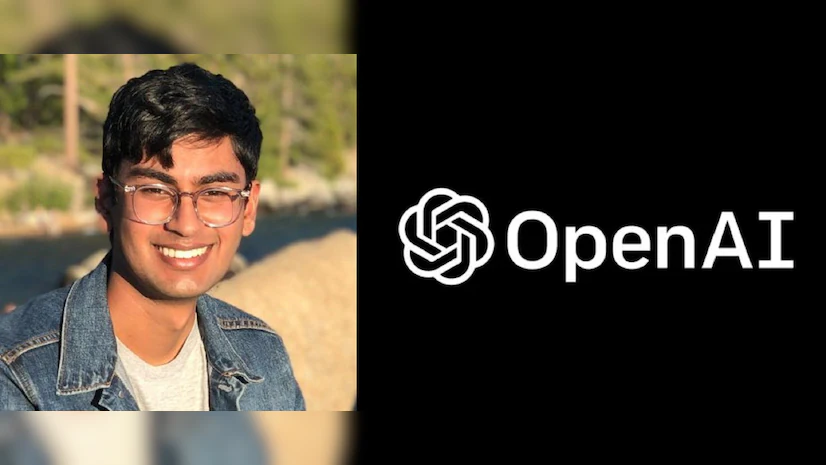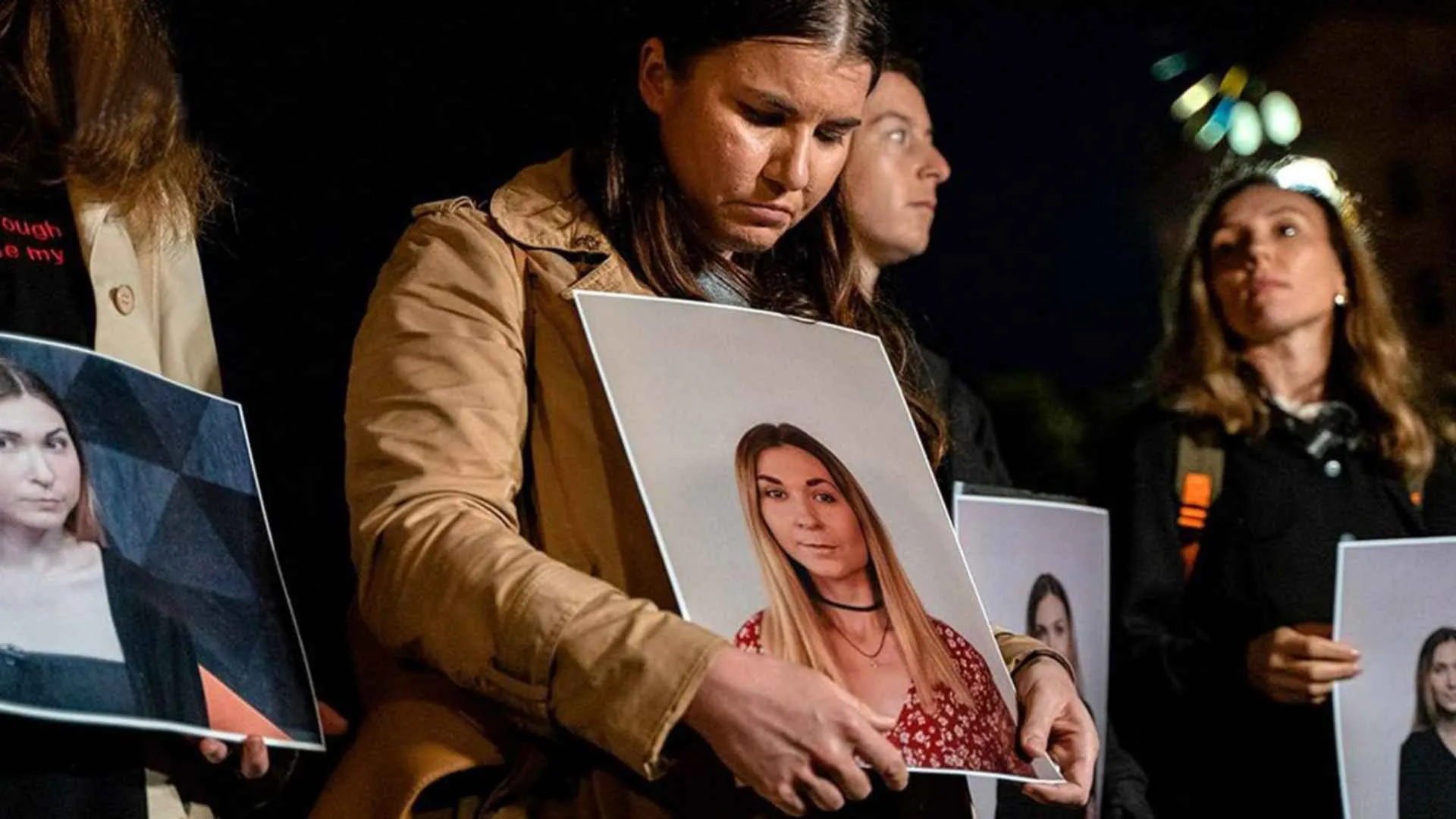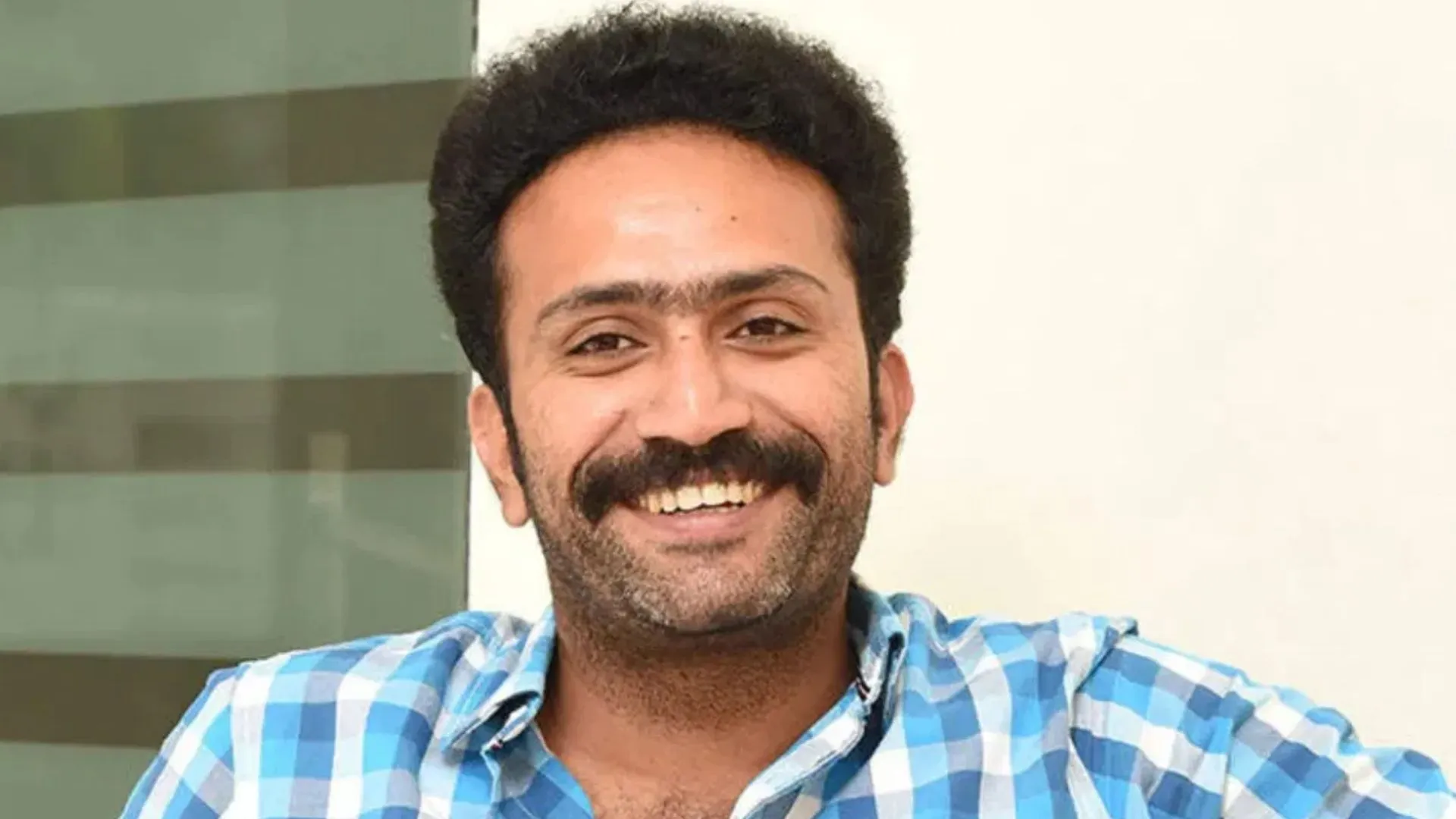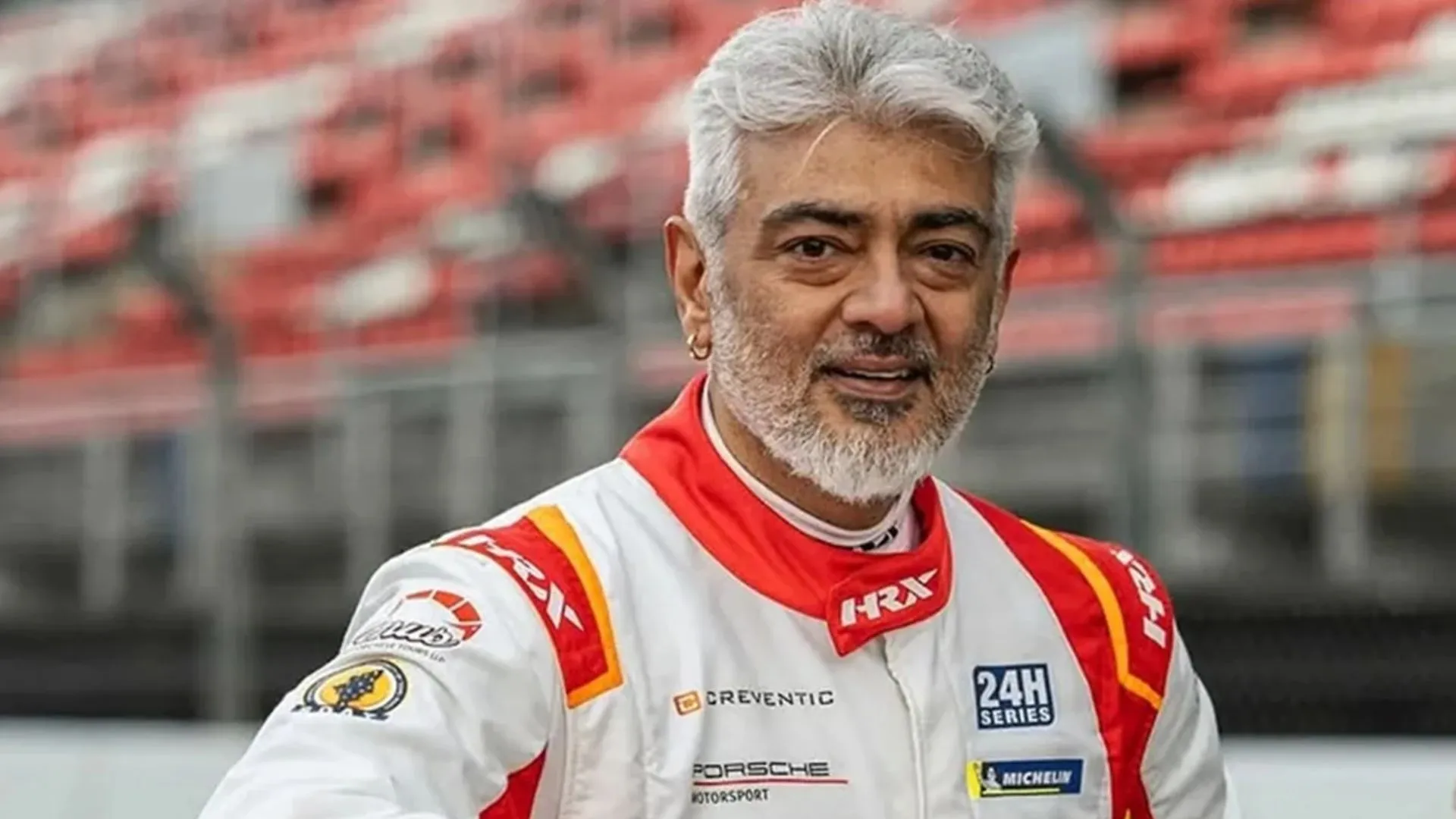The family of Suchir Balaji, a 26-year-old former researcher at OpenAI, disputes official reports labeling his November 26, 2024, death as a suicide. Balaji, known for raising ethical concerns about OpenAI’s transition to a for-profit model and its use of copyrighted materials in AI training, was found deceased in his San Francisco apartment.
Suchir Balaji’s Family’s Concerns and Allegations Against OpenAI
Balaji’s mother, Poornima Ramarao, contends that her son did not die by suicide. She cites findings from a private autopsy indicating signs of a struggle, including head trauma, which contradict the official cause of death. The family has called for an FBI investigation, expressing doubts about the initial inquiry’s thoroughness.
Balaji joined OpenAI in 2020, contributing significantly to AI research and the development of models like ChatGPT. He resigned in August 2024, voicing concerns over the company’s shift towards a for-profit structure and the ethical implications of using copyrighted materials for AI training. In October 2024, he publicly criticized these practices, suggesting they violated U.S. copyright laws.
OpenAI’s Transition to For-Profit Model
OpenAI, initially established as a non-profit organization dedicated to advancing AI for the benefit of humanity, announced plans to transition to a for-profit model to secure necessary funding for its operations. This shift has sparked internal and external debates about the company’s commitment to its original mission and the ethical considerations of AI development.
The San Francisco Police Department initially found no evidence of foul play in Balaji’s death. However, the family’s allegations and the private autopsy findings have prompted calls for a more comprehensive investigation. The case has garnered significant public attention, raising questions about the pressures faced by whistleblowers in the tech industry and the ethical challenges in AI development.























